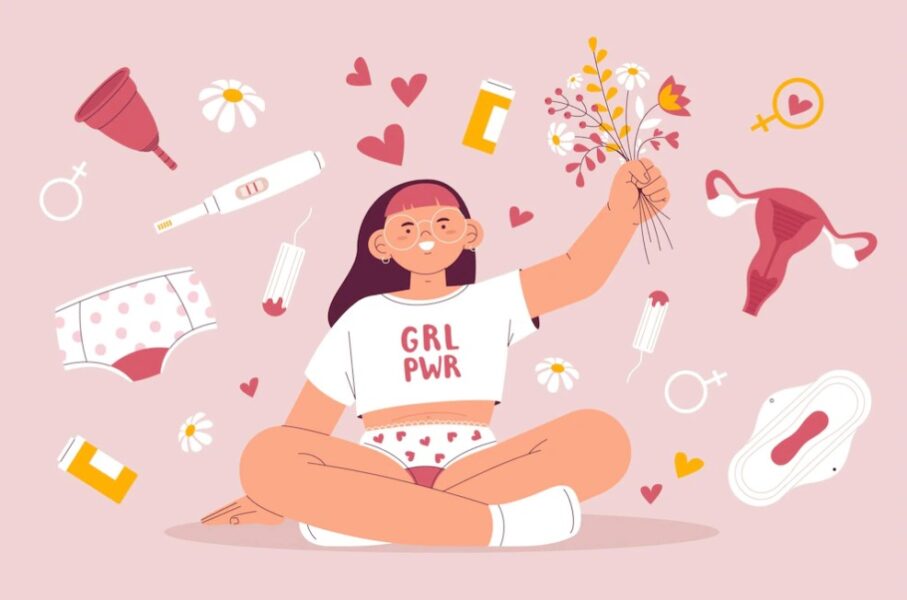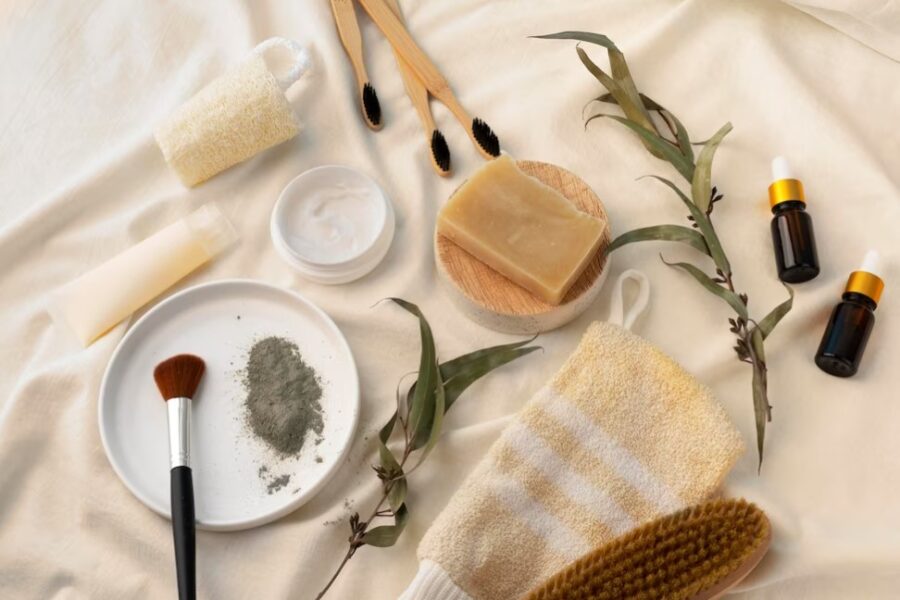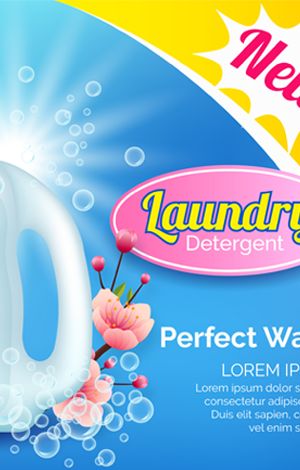

Want to switch to reusable period products, but something is stopping you? It's possible that you fear washing your menstrual cup in a public restroom or believe it will be too tricky to insert and remove it. Or perhaps you have trouble finding tampons that are a better fit because you stick with your preferred brand.
You're not the only one, whatever your worries. People are prevented from attaining zero waste periods for a variety of reasons. But don't worry, if you're feeling overwhelmed, each sustainable option—from reusable pads to menstrual cups—comes with a how-to guide.
This article will guide you to have a sustainable period using the products you feel most comfortable with.
Why should you switch to a zero waste period?
Despite their apparent safety, disposable tampons, pads, and pantyliners are bad for the environment. Remember that most reusable items are devoid of plastic, bleaches, dioxins, and other toxins in conventional disposable feminine hygiene products.
Care for the environment
The average woman who menstruates purchases about 11,000 disposable tampons or pads and discards up to 300 pounds of menstruation supplies. The majority of this garbage ends up in landfills and takes millennia to decompose. Additionally, they wind up poisoning our water supplies and endangering marine life due to their high concentrations of chemicals, toxins, and plastics.
Use this impact calculator to find out how much waste we generate during our cycles.


Care for your health
As it is so delicate and thin, the vaginal region is vulnerable to infections, toxins, and plastic soaking into your bloodstream. Despite the fact that Toxic Shock Syndrome (TSS) was more prevalent in the 1980s and 1990s, it is still a serious issue today and is mainly linked to disposable tampons.
Moving to reusable menstruation products is similar to purchasing an additional health insurance policy. For instance, menstrual cups are more comfortable, more sustainable, and significantly reduce the risk of TSS.
There are several choices available if you're finding it difficult to give up your disposable products. Let's get started looking for your ideal match.
1. Menstrual cups
Menstrual cups are the ideal way to start your switch because they can store more blood than tampons can. They do have a learning curve and may require a few attempts at first, but they'll quickly become your go-to cycle.


Pros of menstrual cups
- Durable and sustainable. An excellent menstrual cup made from medical-grade silicone, like Sirona Cup, is reusable for up to 10 years. Its durability makes menstrual cups the most sustainable period product on this list.
- Pocket-friendly. With a small investment, you don't need to worry about buying another product for around a decade. Just think about all the money you save.
- Maintain your pH. Menstrual cups protect your natural vaginal flora because they're free from toxins, perfumes, and bleaches.
- Swim approved. Menstrual cups collect your blood by creating a seal with your vaginal wall. This protection allows you to swim leak-free.
- Convenience. When placed correctly, you won’t notice or feel your menstrual cup. This means you can comfortably work out, dance, sleep, and laugh - the list is endless.
- Easy to clean. Learning how to clean a menstrual cup is simple, whether in a public bathroom or at home. Keep a reusable water bottle with you to quickly rinse your cup without leaving the stall (but remember to sanitize your hands before reinserting it). Boil your cup between cycles to sterilize it at home.
Cons of menstrual cups
- There is a learning curve. Although using a menstrual cup may be challenging at first, with experience it rapidly becomes second nature.
- Finding the right size may take a while. Not all menstruation cups are one-size-fits-all, but if you discover one that does, you won't even notice your period.
- Possibility of discomfort. You can feel pain or discomfort as you learn how to insert the cup. However, Menstrual Cup users say they can't even feel the cup when it's inserted. This is incredibly uncommon and typically goes away with an experience. Please consult your doctor if you continue to experience discomfort after using or wearing a menstrual cup.
2. Period panties
Underwear for periods is similar to ordinary underwear but includes an absorbent lining that may store a lot of period blood. Before you begin your sustainable period adventure, weigh these advantages and disadvantages.


Pros of period panties
- Simple to use. You only need to put them on like regular underwear and you're set to go.
- Absorbent. The average absorbance ranges from 4 to 6 hours.
- Versatile. There are several variations, including briefs and thongs, to help you discover the perfect fit from household names like Thinx, which have helped establish the period underwear market.
Cons of period panties
- Less sustainable. Many companies employ synthetic materials like polyester and elastane.
- Changing in public is a pain. You may stay in your period underwear all day on low-flow days, and changing is simple. However, changing and lugging your filthy underwear around in public may be a major bother if your period underwear isn't the correct absorbency on heavy days.
- Cost. Period protection underwear costs between Rs.299 and Rs.799 per pair, with organic cotton choices being more costly. Depending on how frequently you wash your underwear, you'll need to create a cycle set that includes at least four pairs, possibly more.
How to use them: Be careful of your flow and the recommended capacity to prevent leaking. Change your underwear as often as necessary. Most brands advise rinsing in cold water before washing them; however, check the exact instructions for your period underwear since they might differ.
3. Reusable pads
The form and style of reusable cloth pads are similar to those of conventional disposable pads. Even for postpartum usage, they are available in various forms, designs, and absorbency levels, with or without waterproofing or wings.


Pros of reusable pads
- Beginner-friendly. Reusable pads are a stress-free choice if you are at ease using conventional pads.
- Durability. Compared to reusable pads, which have a shelf life of up to five years, menstrual cups have a double shelf life of up to ten years.
- Stay in place. Reusable pads are kept in place even without an adhesive strip by poppers or snap-on wings that fold over your underpants.
Cons of reusable pads
- Accessibility. To ensure you have enough pads for your cycle, you'll need to pay a significant upfront payment, similar to period panties.
- Bulk. Some pads, depending on the manufacturer, might feel heavy and painful. You could find it challenging to move around without restriction as a result.
- Skin sensitivity issues. Some materials might not be suitable for those with sensitive skin. To locate the ideal material, you will need to be pickier and explore.
How to use: The majority of reusable pads cannot be washed in a machine. Before reusing your pads, give them a gentle hand wash for increased longevity.
4. Menstrual discs
Menstrual discs are the less eco friendly relative of cups since many of them are single-use. The shape of menstrual discs is also different; they are bigger, flatter, and sit higher up in the vaginal canal. To assist you in making the best choice, let's compare the advantages and disadvantages.


Pros of using menstrual discs
- Simple to use. It's easy to insert as there are only two sides to fold.
- It may be worn while having sex. You may keep your disc in for delightful and mess-free sex.
- Lower cervixes can comfortably wear it. Lower cervixes can find the disc more pleasant depending on how you put it.
Cons of using menstrual discs
- Much less durable. Menstrual cups can be used again for up to ten years, although the majority of menstrual disc brands on the market now are disposable.
- Suitable for lighter flows. Many versions are thin and light, which won't be comfortable for everyone for extended periods of time.
- Harder to remove. According to studies, more women who have discs struggle to remove them and turn to their gynecologists for help.
How to use them: Squat and fold your menstrual disc until the two sides touch, much like a menstrual cup. Let go as you move your disc toward the cervix.
Tips on making the switch to a zero waste period


Are you finding the change to a zero waste era overwhelming? It's not just you. Here are some suggestions to make your period more comfortable, stress-free, and in your control:
- Move slowly. You have time to try several cups to see which one suits you the best. Be patient and remember that your choice will influence your environment and health. If you have any doubts, always select a cup made for novices. It will help you feel more at ease with the change and boost your confidence.
- Forget your guilt. Getting caught up in guilt after learning about period waste and its environmental effects is easy. Remind yourself that you are doing the best you can and that the present is the ideal time for growth rather than dwelling on the past.
- Recall your motivation. When under pressure, consider your reason for switching to sustainable menstruation. You'll be inspired to overcome obstacles and carry on with your quest for less waste if you focus on these crucial factors.
- Don't be hesitant to make mistakes. You will go through a learning curve up until you meet your match. Your physique, comfort zone, and preferences serve as reminders to love yourself, be patient, and choose the product that fits you the best. It is accessible!







